Hydration plays a very important role in the body. Namely, water and fluid are needed to maintain blood volume and circulation and to regulate body temperature. Water is the best choice of drink because it has many health benefits. It is especially important for athletes because it helps them rehydrate after great efforts – but also to concentrate better on sports and achieve better sports results.
Contents
- Danger Of Dehydration
- How Much Water Should We Take In Daily?
- Fluid Intake During Sports Activities
- Water Is Always The Healthiest Beverage
- Water Filtration Is Very Important For Athletes
- Significance Of Hydration For Our Body
- What Happens When An Athlete Doesn’t Have Enough Water?
- Should We Drink Fluids After Physical Activity?
- Nutrition And Its Significance
Danger Of Dehydration
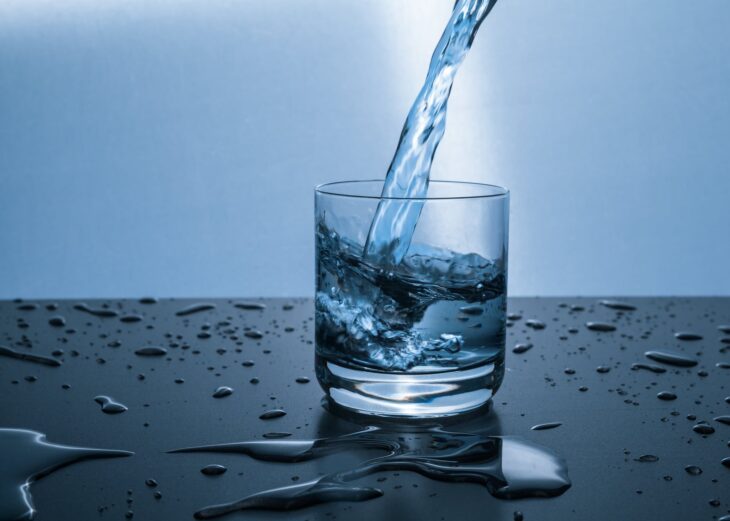
Source: foodandfitnessalways
Perspiration is a loss of body fluid and increases with increasing temperature and increasing the intensity of physical activity. If we don’t compensate for the loss of fluid – dehydration can occur. The human body uses fluid to regulate body temperature, transport oxygen and nutrients to the body, and to excrete harmful substances from the body.
If the body is dehydrated, cramps, fatigue, dizziness appear, and you could experience more serious health problems such as heat stroke, nausea, or vomiting. It can also lead to mental and physical fatigue and affect concentration, which, in sports can lead to injury.
How Much Water Should We Take In Daily?
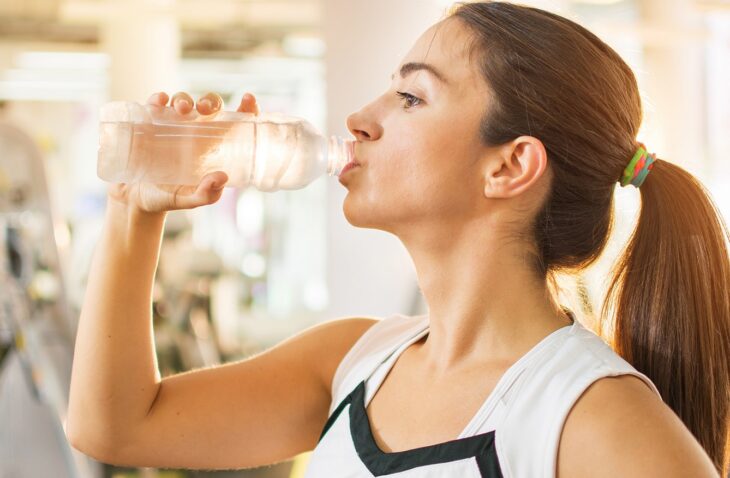
Source: Today Show
How much water a person will take in during the day depends on the health condition, physical activities, and weather conditions. Also, the amount of water we need depends on our weight. Insufficient water in the body leads to acute dehydration. It is recognized by dry mouth, decreased urine output, headache, and constipation. In more severe cases, fainting, increased temperature, decreased work and sports ability can also occur. For this not to happen, it is necessary to take an amount that compensates for the lost water from the body by urinating, sweating, breathing, etc.
Fluid Intake During Sports Activities
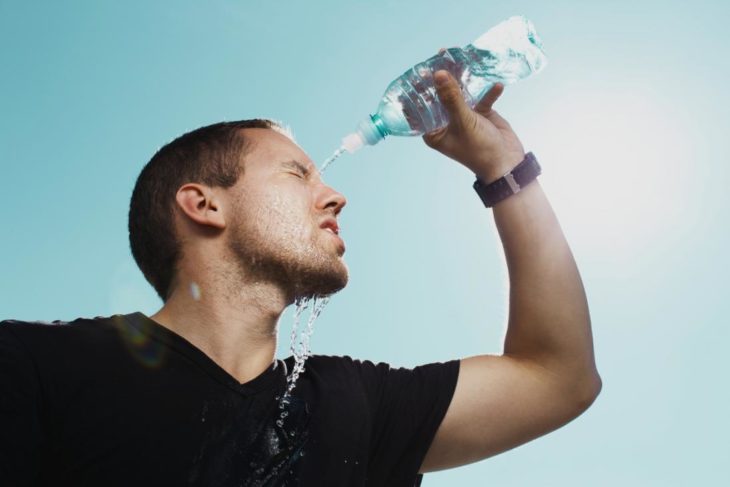
Source: Medical News Today
Dehydration during physical activity can be reduced or prevented if we drink sufficient amounts of drinks or sports drinks during and before physical activity. Besides water, sports drinks can also be good because they provide fluids, electrolytes, and carbohydrates. During physical activity, the fluid should be drunk regularly – and the frequency of drinking and the amount of fluid ingested will depend on many factors.
These may include the intensity and duration of physical activity, weather conditions, as well as the physical characteristics of the individual – such as body weight and individual propensity to sweat. In areas with very hot and humid climates, outdoor sports should be performed in the early morning or late afternoon to avoid unnecessary physical exertion during the hottest part of the day.
Water Is Always The Healthiest Beverage
No matter what physical activity you choose, never forget how important it is to hydrate the body, because, during exercise, the body excretes fluid through sweat, more than usual. The body has its mechanism to protect itself from the negative effects of dehydration, and thirst occurs even when there is a mild form of dehydration. Therefore, the key to successful exercise is adequate hydration of the body before and after physical activity. Water is of course the best way to do that. However, you should drink bottled or purified water.
Water Filtration Is Very Important For Athletes
So far, it has certainly happened to you that when you run out of your energy drink – you use tap water and pour it into your water bottles. You are not wrong, of course – but we recommend that you use a water purifier for the next workout, or just get a water bottle filter. The classic water purifier is found mainly on water appliances – and will certainly improve water quality. This way, you will get clean and drinking water that will refresh you and greatly improve your immune system. On the other hand, there are also filter attachments for water bottles. Very practical devices. These are nozzles that are placed on the bottles – and you can use them to filter cold water from the water supply, which improves the quality of water. Both types of these filters remove chlorine, heavy metals, and organic impurities from the water – making it much healthier for athletes.
Significance Of Hydration For Our Body
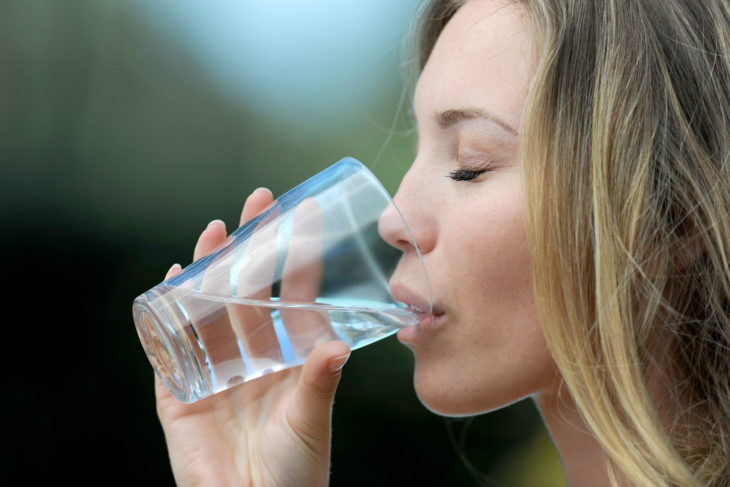
Source: Weight Lifting for Weight Loss
Our body contains up to 70% of water. Therefore, it is realistic that during fitness activities, you should drink enough fluids to maintain and compensate for the amount of water for your body functions such as the immune system, digestion, muscle function, etc.
1. Weight loss
Consuming water instead of fizzy drinks or juice will quench thirst and outweigh the effects of calories and toxins.
2. Muscle efficiency
Water helps transport oxygen to your muscles, helping your muscles stay strong and full of energy.
3. Controls the temperature
Elevated body temperature affects sweating, and sweating lowers body temperature to maintain optimal body temperature. Water intake is extremely important to replenish the fluid needed to stabilize body temperature.
4. Affects mood
It helps to normalize body and brain functions, which also affect your mood and your feelings.
5. Skin elasticity
Water helps regulate skin moisture, suppleness, and elasticity and reduces the risk of dry, aging skin.
6. Joint protection
Good hydration is very important for your health because it surrounds and protects your joints, spine, and brain.
7. Healthy functioning of the digestive tract
Water assists in the elimination of waste material, toxins, which would otherwise poison the body and cause disease.
8. Helps with digestion
Water helps your body’s ability to absorb and digest food from your digestive system.
9. Memory
Hydration helps the flow of blood and oxygen to the brain and thus has a positive effect on memory and cognitive functions.
10. Improving the immune system
Water helps eliminate diseases, improves the immune system, and prevents headaches, joint pain, etc.
What Happens When An Athlete Doesn’t Have Enough Water?
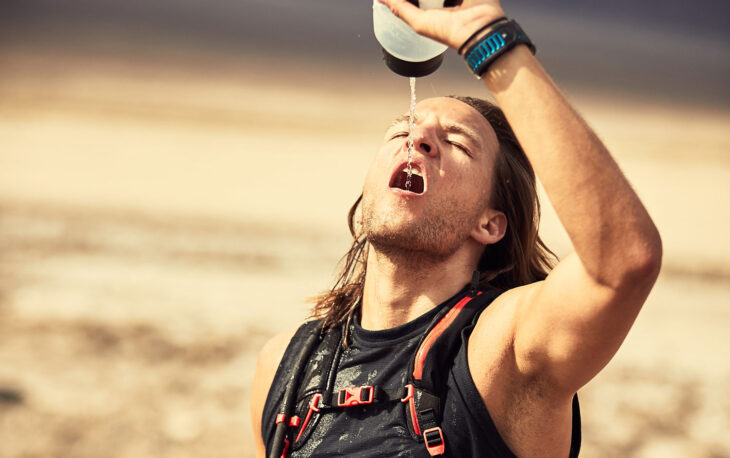
Source: mapmyrun
In the beginning, the athlete records weaker results, because the muscle tone concentration decreases – and several negative changes in metabolism occur. The temperature rises – so the water leaves the skin faster, sweating is stronger, the stomach becomes more empty over time and only acidic juice remains in it. There is also less glycogen in the muscles, circulation is worse, glycogen reserves in the liver are depleted – and if not perform rehydration of the body, after a certain time, the body dehydrates.
Should We Drink Fluids After Physical Activity?
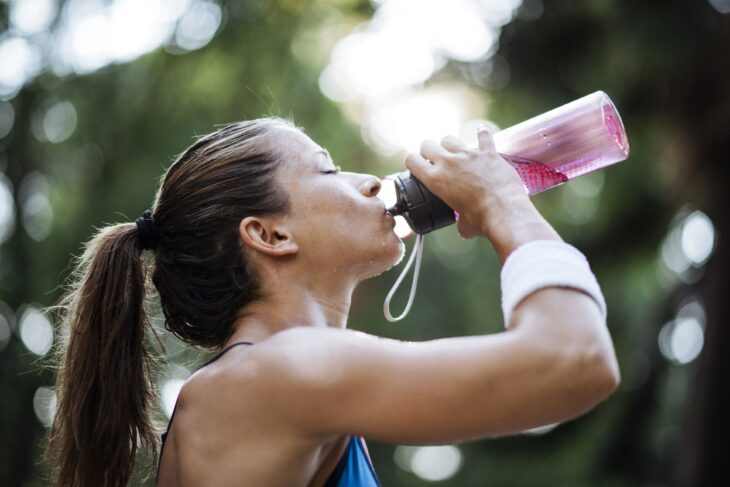
Source: verywellfit
To preserve glycogen in the muscles, it is desirable to consume a drink that contains carbohydrates even after physical activity. Under no circumstances should the body be buried in fat and protein immediately after sports activities. The basic rule is: Make up for water as soon as possible. Drinks rich in carbohydrates are recommended, and then the content of fructose is meant, because, unlike glucose, it will not cause an increase in blood sugar levels – that is, there will be no increased insulin activity. When our organism reaches the normal, calm phase – we can start with the intake of proteins, fats, and minerals.
Nutrition And Its Significance
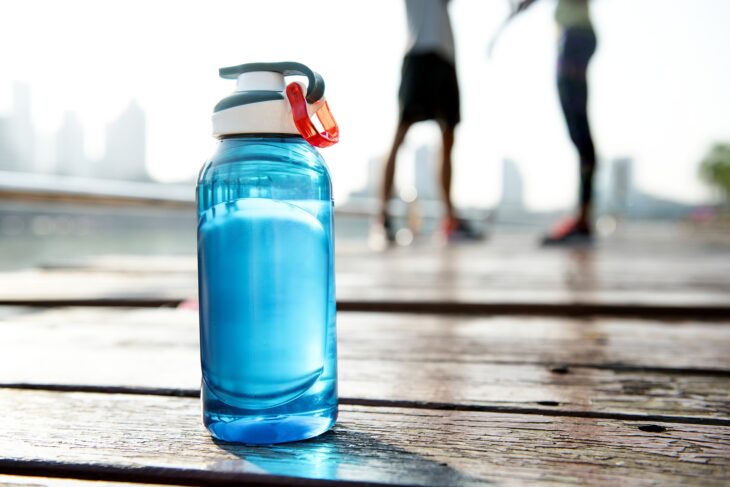
Source: inbodyusa
Athletes should avoid consuming certain foods that are good diuretics before sports activities. A good example is chewing gum. Chewing gums contain sorbitol, mannitol, xylitol, and similar higher alcohols – which are artificial sweeteners and excellent diuretics. Therefore, excretion processes are further intensified. Chewing gums especially affect the intensity of saliva secretion – and during sports activities, we shouldn’t intensify these processes.
Conclusion
Before the beginning of sports activities, it is necessary to perform hydration of the body, during the activity – hydration, to avoid dehydration, and the last phase would be the renewal of fluids for rehydration.
